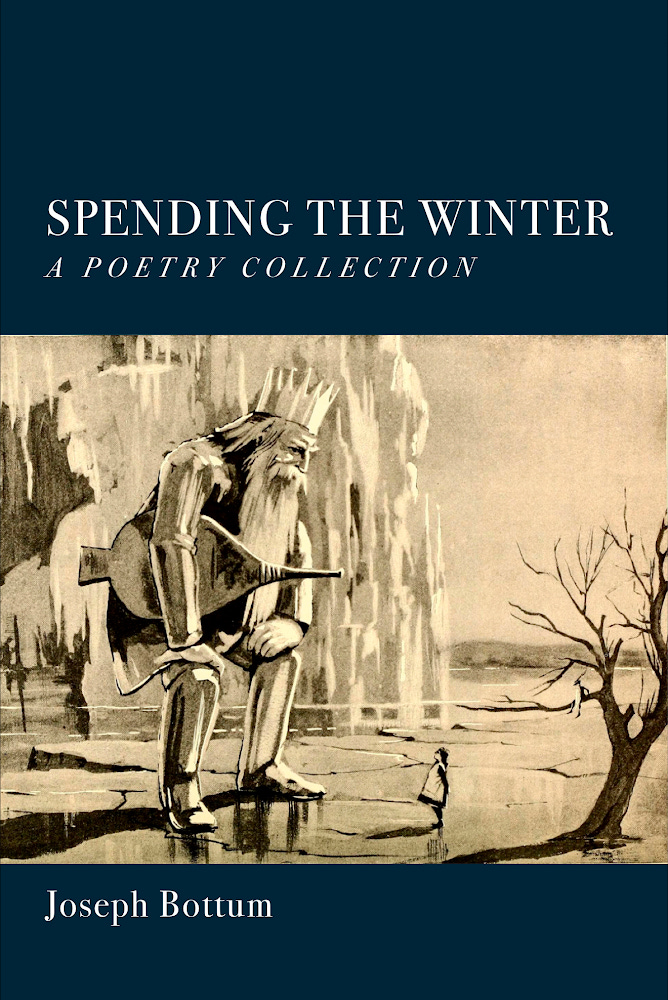WRB—July 6, 2022
Auden, Housman, Pound, Ginzburg, Dyer, some maths
The Managing Editors recommend you read your issue of the WRB on the train to work; with your coffee as part of a complete breakfast; immediately upon waking or as you’re falling asleep, both in bed with blurry eyes; out loud to your spouse or your kids or your boss; really anywhere that you dear reader, are not operating heavy machinery.
To do list:
Follow us on Twitter [Or Instagram. Or Facebook.] to keep up with the Barely-Managing WRB Summer Intern;
order a tote bag;
avail yourself of our world-famous classified ads, now stored on this page for non-paying readers to access, either by placing or responding to one [I asked an Associate Editor what I should say to encourage people to engage with our, if you haven’t noticed, somewhat stagnant Classifieds section; she said: “The Washington review of books classified section,,, is more effective than any “matchmaker“” (spelling, punctuation i.c.). —Chris];
and,
Links:
In Quanta Magazine, Jordana Cepelewicz tells the story of a failed poet: “When he was younger, Huh had no desire to be a mathematician. He was indifferent to the subject, and he dropped out of high school to become a poet. It would take a chance encounter during his university years — and many moments of feeling lost — for him to find that mathematics held what he’d been looking for all along.”
Reviews:
For The Guardian, Sally Rooney writes to express her great appreciation for an old novel, All Our Yesterdays by Natalia Ginzburg, published in Italian in 1952: “Speaking for myself, as a reader, as a writer and as a human being, her work has touched and transformed my life. I hope that you might give it the opportunity to do the same to yours.”
In The Washington Post, Michael Dirda reviews the recent volumes of Auden’s complete poems from Princeton University Press, and concludes that they have got everything in them: “a true bargain, as well as a dazzling, scholarly triumph for both Mendelson and Princeton.”
For TLS, Terry Eagleton reviews Geoff Dyer’s recent book, The Last Days of Roger Federer: And Other Endings, a meditation on aging and dying and all other kinds of last things: “He is a superb cultural commentator, but rather short on large or even medium-sized ideas. His work is more wide than deep. If he had read more Nietzsche, for example, he might have found his admiration for him tempered by the fact that he probably believed in the mass extermination of the weak. There are also times when Dyer lapses into the English vice of attending more to artists’ lives than to their work.”
And in the same issue, on a similar theme, N.S. Thompson has a note on A.E. Housman’s 1922 Last Poems, recently out in a centenary edition from the Housman Society. The secretary of said society made a little pitch for Housman in The Guardian in April.
In The Wall Street Journal, Dominic Green reviews a book published last fall about Mussolini’s Italy and Anglophone writers’ adventures therein: “Lauren Arrington’s ‘Poets of Rapallo’ is a fascinating, intricate study of Pound’s first steps on the road to perdition, and the cast of fellow travelers, Yeats among them, who went part of the way with him and then covered their tracks.”
N.B.:
In which Joy Williams experiences American carnage. [or the Evening Redness in the West. —Chris]
Robert Caro “relives his early days as a reporter at Newsday, where he was hired as a joke during the managing editor’s vacation. (The boss had a prejudice against the Ivy League, and Caro went to Princeton.)” [If I ever get a vacation, I better not come back to an Ivy Leaguer. —Chris]
The price of most secondhand books has plummeted in the last 100 years while the price of all the notable ones has skyrocketed. [I thought the numbers comparisons here were interesting. —Nic]
[What should I get from the Barnes & Noble Criterion Collection July Sale? I have a gift card. —Chris] [Le Cercle Rouge. —Nic]
Nimrod International Journal of Prose and Poetry is looking for poetry readers.
RFK Is Still Burning [I went back through that Harry Jaffa speech looking for some witty quote to tie into the Dan Snyder scandal, but, alas, I found none. —Nic]
By the end of this month, all Managing Editors of the WRB will once again live in the District. [The charade has gotten tiresome to keep up, I’ll admit. —Chris]
Upcoming books:
September | St. Augustine’s Press
by Joseph Bottum
From the Publisher: The poetry of Spending the Winter is musical and structured, whimsical and piercing, begging to be read aloud when one is not laughing or arrested by an image that hooks the heart. “Poems so severely beautiful that they become unforgettable after one reading,” writes one poet. “A throwback to a time when lovers of poetry…looked for poetry of depth, wit, and craft from the likes of Auden and Larkin,” adds another. With sections of comedy that show his wit, translations that echo his vast reading, and formalist poetry that reveal his craft, Bottum aims, in the way few poets these days do, at memorable lines and heart-stopping images as he seeks the deep stuff of human experience: God and birth and death—the beautiful and terrifying finitude of life. “We do with words what little words can do,” he writes. But in Spending the Winter, Joseph Bottum shows that words can do far more than a little.





